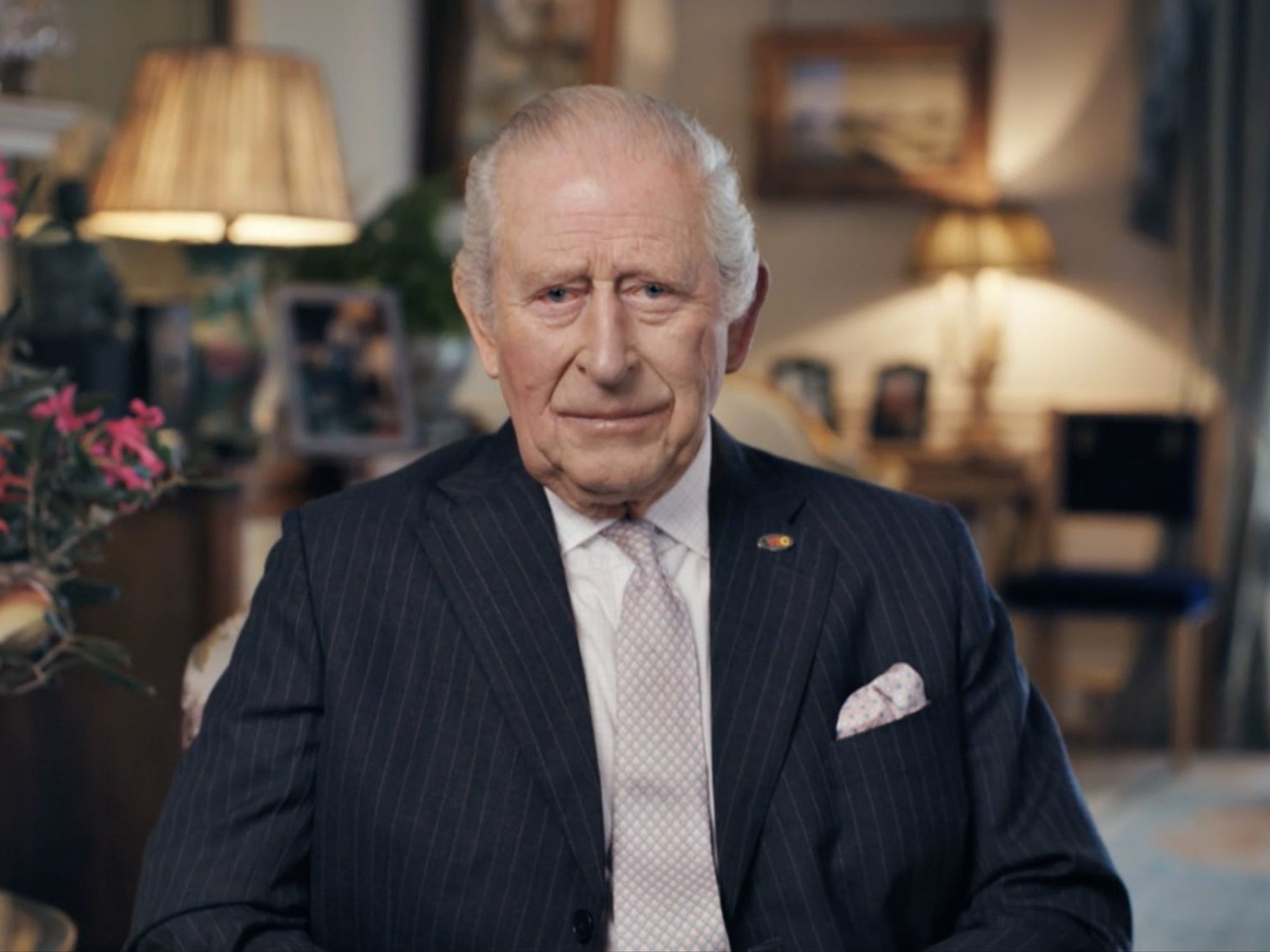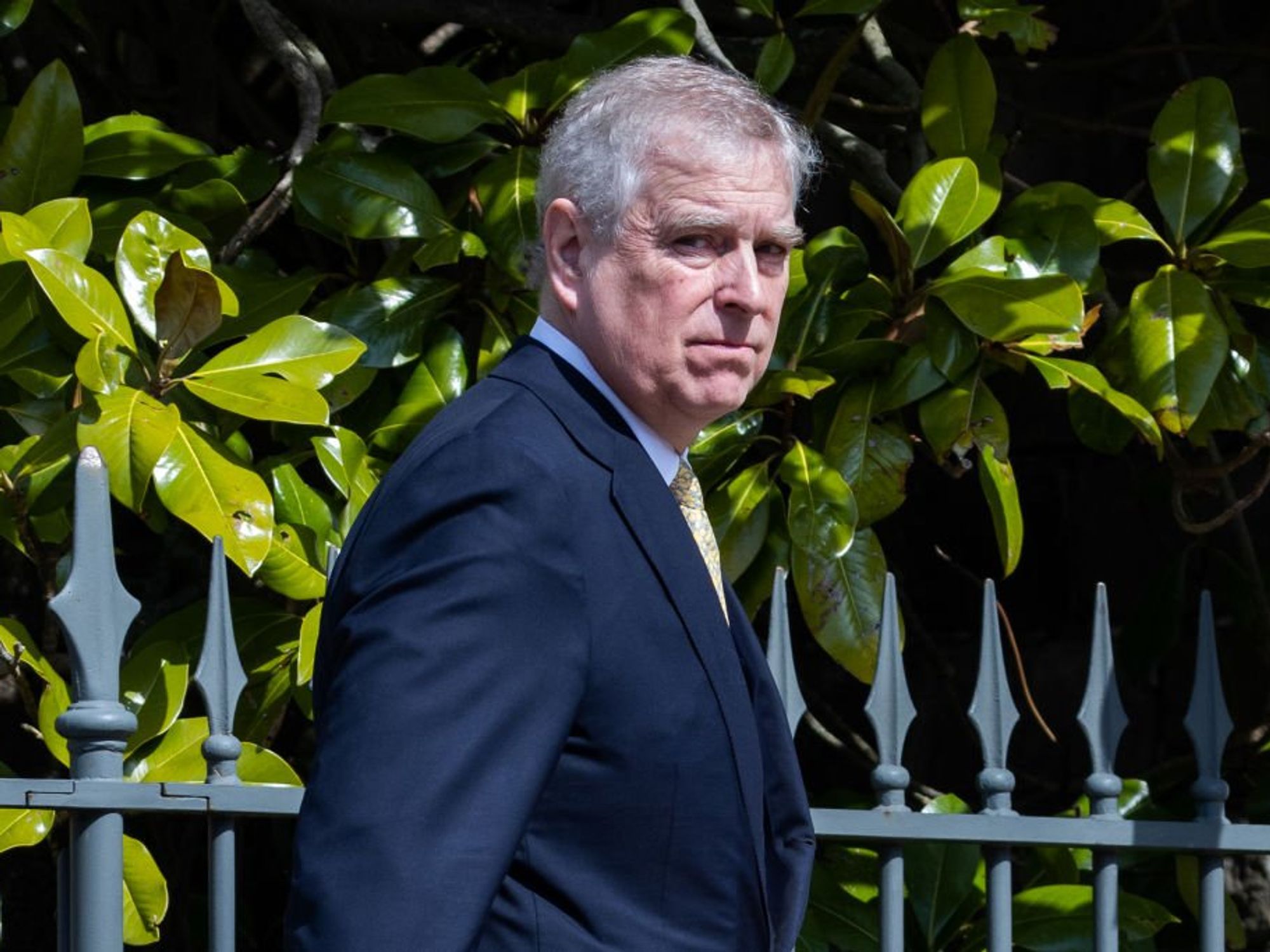Plan B: New rules allow for masks to be removed to sing only if ‘reasonably necessary’

Downing Street has said it would be 'hard to justify' people having a 'reasonable excuse' to remove their masks to sing when shopping
Don't Miss
Most Read
Removing a face covering to sing should happen only in “reasonably necessary” situations such as in a choir or during a performance, according to newly published regulations.
Officials had earlier suggested that to the letter of the law under new rules, shoppers could be allowed to remove their face coverings in supermarkets if they walked around the store singing.
Downing Street has said it would be “hard to justify” people having a “reasonable excuse” to remove their masks to sing while getting groceries under new Plan B rules.
The regulations, published on Thursday evening, state that someone may remove a face covering if it is “reasonably necessary” to sing, adding that “the occasions when it is reasonably necessary for P (a person) to sing include singing as part of a choir, or during a service or rehearsal, or for performance”.
A commuter in Canary Wharf underground tube station in east London wears a face covering
Victoria Jones
Under Plan B, which was enacted by the Prime Minister on Wednesday, face coverings will become compulsory in most public indoor venues from Friday, including cinemas, theatres and places of worship, but not gyms, bars or restaurants.
Masks are already required on public transport and in shops.
Boris Johnson said on Wednesday that there was an exemption for singing.
This was mainly seen as being applicable to places of worship where a mask should be worn during the service but could be removed to sing carols or hymns.
But officials said on Thursday this would also be applicable to other indoor settings, and when asked whether a shopper could therefore remove their mask in Tesco if they were singing, seemed to confirm that would be within the rules, as would removing the mask to sing in a theatre.
A shopper wearing a face mask in a supermarket
Victoria Jones
Officials stressed there needed to be a “reasonable excuse”, so singing in the supermarket would be pushing the limits of the law.
On Thursday afternoon, the Prime Minister’s official spokesman said: “We were absolutely clear there is a reasonable excuse required for someone who is seeking to do that.
“Whilst it wouldn’t be for me to say, I think it would be hard to justify. These rules are set to be balanced and proportionate, we’ve seen how the public are responsible … and we’re confident they will continue to be so.
“It might be for the police to decide what is appropriate, as has been the case throughout the pandemic.”
Earlier, the spokesman said: “I would urge, as the public has been throughout, to be responsible and sensible, and that is what we have seen.”
He said: “It’s about striking the right balance. We recognise that whenever you’re deciding which measures or restrictions to introduce, you do need to draw appropriate balance.”
He added that it was “practical and sensible” to put the measures in place.
Human rights lawyer and legal commentator Adam Wagner tweeted to say he was doubtful that the singing loophole would justify someone removing a mask in a supermarket, but added that the regulations were “not particularly clear”.
Masks do not need to be worn in hospitality settings, even if the person is not eating or drinking.
Under Plan B, people are being told to work from home if they can from next week, but Mr Johnson said it was still possible for Christmas parties to go ahead.
Officials confirmed there was nothing within the rules to stop colleagues meeting at a pub to work, with the focus being on reducing the transmission risk from the commute and within the workplace.
It is up to employers and employees to decide how to interpret the new guidance, but the advice is that if a worker does not need to go into the office, they should work from home, in order to slow the spread of the Omicron variant.
The Prime Minister’s official spokesman said: “Obviously, we have, sadly, been in this position before and employers and employee, by and large, have demonstrated that they’re able to work together and come up with an agreement recognising both business need and also the needs of individuals and personal life circumstances.”













